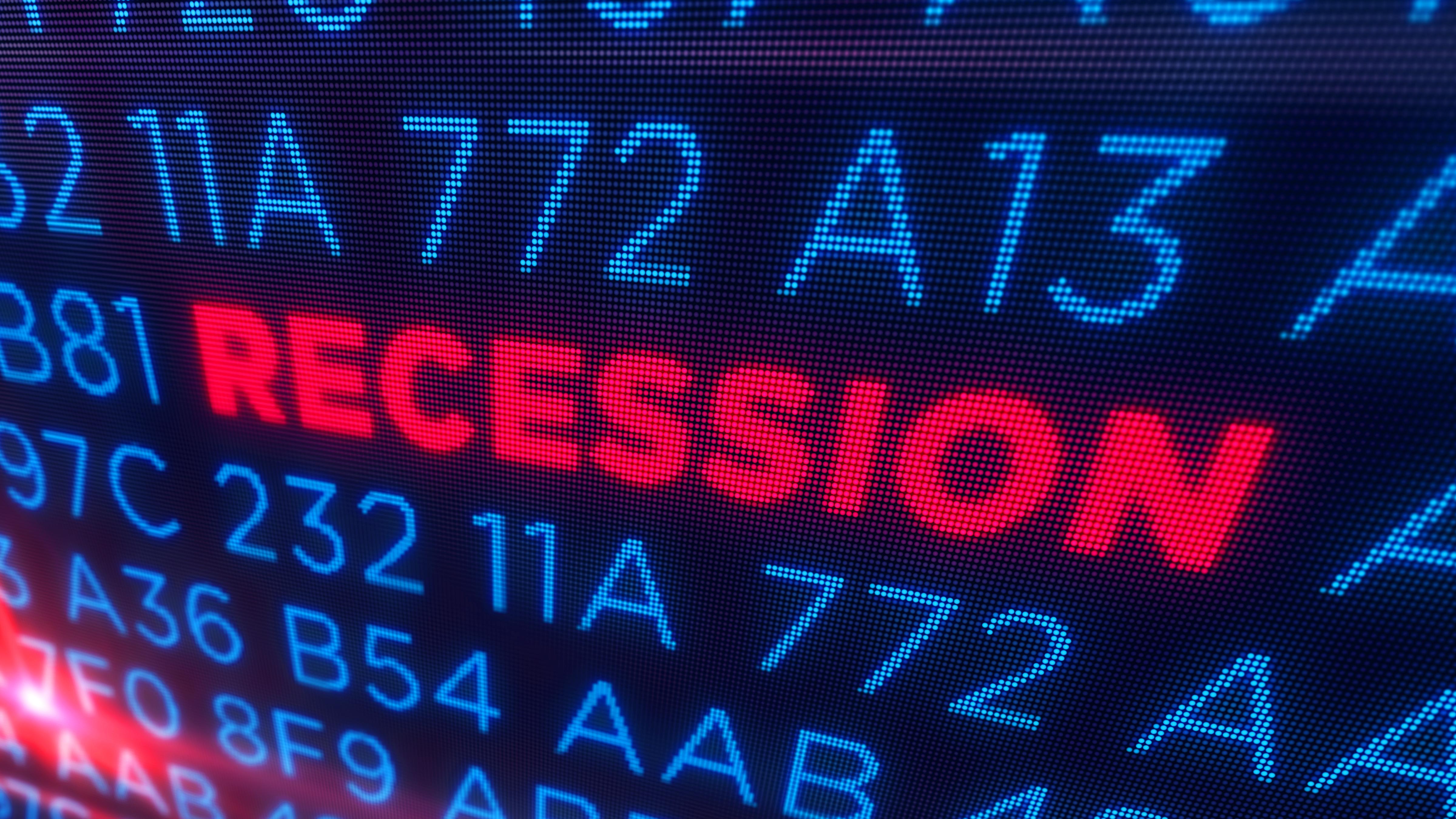Cannabis Stocks: What Happens in a Recession?
As market analysts increasingly predict an upcoming global recession, we take a look at the impact of a recession on cannabis stocks.
Nov. 20 2020, Updated 12:20 p.m. ET

Market analysts have been increasingly predicting an upcoming global recession. Against this backdrop, we’ll look at the impact of a recession on cannabis stocks. This is even more relevant, considering that these stocks are still trading at significantly high valuation multiples. To learn more about the recession fears haunting the broad market, please refer to Are Recession Fears Overpowering Trade War Concerns?
Cannabis stocks posted phenomenal returns in 2018. However, the sector has failed to maintain its momentum in 2019. The increasing political and macroeconomic uncertainties, coupled with rising regulatory scrutiny, have pulled down cannabis stocks in 2019 on a year-to-date basis. To learn more about the recent downfall in cannabis stocks, please refer to Which Cannabis Stocks Have Lost More than 40% in 2019?
Sector ETFs such as the ETFMG Alternative Harvest ETF (MJ) and the Cambria Cannabis ETF (TOKE) are already down by 16.28% and 25.02%, respectively, in 2019 YTD. MKM Partners’ bearish outlook may further push down cannabis stocks such as Aurora Cannabis (ACB), Canopy Growth (CGC), Tilray, and Cronos Group. To read more about this development, please refer to Will Cannabis Stocks Bleed More? MKM Weighs In.
Is the cannabis sector recession-proof?
According to a March 25 Green Entrepreneur article, the cannabis industry is mostly recession-proof. Several reasons support this hypothesis. These factors include the ongoing marijuana legalization efforts, increasing political support, and growing awareness about the medical benefits of marijuana. To learn more about this viewpoint, please refer to Is the Cannabis Industry Recession-Proof?
Grand View Research expects the size of the legal marijuana market to reach $146.4 billion in 2025. The firm estimates the size of the medical marijuana market to reach $55.8 billion by 2025. This implies that significant growth of the legal marijuana market could be attributable to recreational use. To learn more about the global stance on legalizing marijuana, please refer to Cannabis: While the US Waits, the World Opens Up.
Is the medical marijuana sector recession-proof?
Medical marijuana is expected to be mostly sticky in recessionary times. However, even the resilient pharmaceutical sector can be affected during a recession. A significant number of patients stop filling their prescriptions during tough times. This is especially true if these patients are suffering from chronic conditions—and if the drug requires significant out-of-pocket payments. This problem could become even more pronounced for medical marijuana players if their products are not covered by insurance.
GW Pharmaceuticals (GWPH) may prove to be one of the few exceptions in the cannabis sector. GW Pharmaceuticals is a biotechnology company with the first FDA-approved cannabis-based drug, Epidiolex.
Epidiolex targets two rare and severe forms of childhood epilepsy, with no available treatment options. According to the company’s investor presentation, Epidiolex has broad coverage from commercial payers as well as from Medicare and Medicaid. Against this backdrop, the uptake of Epidiolex may be minimally affected during a recession.
Aurora Cannabis (ACB) earned 47.32% of its total revenues from the sale of medical marijuana in fiscal 2019. In the first quarter of fiscal 2020, Canopy Growth (CGC) earned 27.89% of its revenues from the sale of medical marijuana.
In the third quarter of fiscal 2019, Hexo (HEXO) earned around 10% of its revenues from medical marijuana sales. On the other hand, Curaleaf earns most of its revenues from the sale of medical marijuana.
In our view, we expect Curaleaf to be relatively better off during a recession. Aurora Cannabis also seems to be better placed than Canopy Growth and Hexo in a recessionary period. To have a quick look at the current valuations of the cannabis companies, please refer to this summary of these stocks.
Is the recreational cannabis sector recession-proof?
While medical marijuana sales may be somewhat sticky in recessionary times, this may not be applicable to recreational cannabis. Recreational marijuana falls in the consumer discretionary category.
However, we see a small difference between other consumer discretionary items and vice items such as cannabis, tobacco, and alcohol. The majority of people may not be able to completely forego the use of such habit-forming products even in difficult times. Instead, according to Morningstar, people might switch to lower-priced versions of these products.
We have to extrapolate the observations made for the alcohol and tobacco sector to the cannabis sector. This is because the legal cannabis sector is relatively new. So, there is not enough data to study the behavior of these consumers during the expansion and contraction phases of the business cycle.
The last major global economic recession started in December 2007 and ended in June 2009. During this timeframe, leading alcoholic beverage company Anheuser-Busch InBev’s share price dropped by 24.28%.
Among its peers, Heineken Holding and Diageo dropped by 36.85% and 30.64%, respectively. Major tobacco companies Philip Morris International, Imperial Brands, British American Tobacco, China Tobacco, and Japan Tobacco International also demonstrated a similar downward trend during the economic recession.
According to The Recovery Village, around 30% of marijuana users become addicted to its use. In this respect, recreational cannabis is similar to the alcohol and tobacco industries. In this case, if consumers switch to low-priced recreational marijuana products during a recession, it may lower the ASP (average selling price) for the marijuana producers. As a result, this might negatively affect the profitability and share price returns of these cannabis companies.
